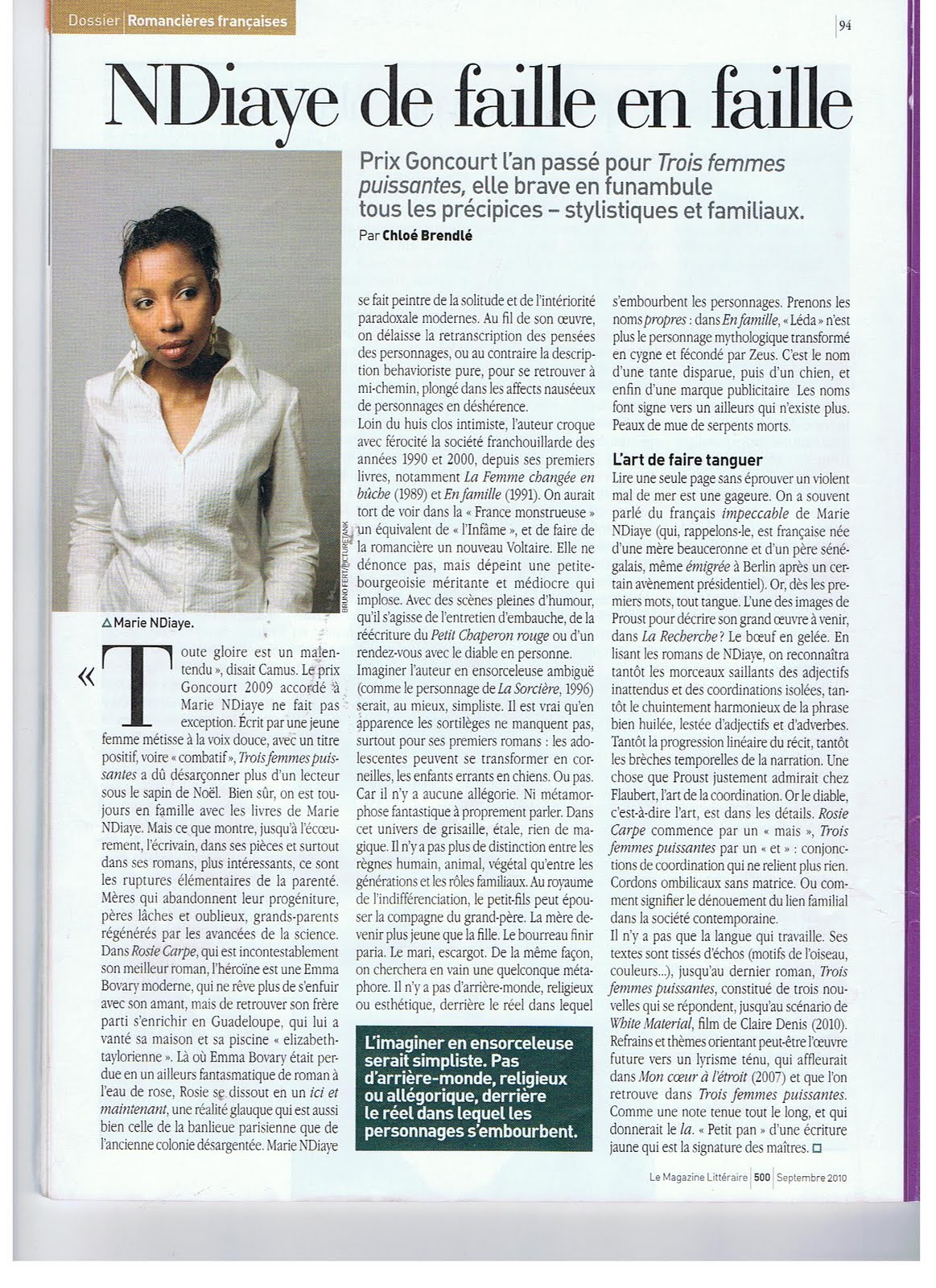Irene Wilde
Reader
It's a rare thing for a contemporary author to hold my interest. Off the top of my head, I think there's Pynchon, and that's about it. I think I'll wax philosophical for a moment, and say I think writers in the first half of the 20th Century had a strong sense of the changing times they were living in, or perhaps it's just that, looking back, we can put them in a historical context and see how they reflected those times. There were also interesting groupings of writers, The Lost Generation, The Villa Seurat, The Bloomsbury Group, The Surrealists, The Beats, etc. One doesn't get a feeling that contemporary writers have that kind of communal experience. Certainly the times we are living in are no less turbulent and have no less an opportunity to be world-changing, maybe contemporary culture places less value on literature, more on television and film, or maybe the salons, the Algonquin Roundtables, and so forth, exist more on the internet than in real-life, or maybe the passage of time inflates their importance.
I was reading something somewhere that the Rimbauds, Hemingways, and so forth of previous generations became the over-dosing rock stars of the 60s and 70s. If that could be supposed, I wonder who the rock stars are today.
Totally off track, but it explains why I'm looking for French Surrealists and not reading Child 44.
I was reading something somewhere that the Rimbauds, Hemingways, and so forth of previous generations became the over-dosing rock stars of the 60s and 70s. If that could be supposed, I wonder who the rock stars are today.
Totally off track, but it explains why I'm looking for French Surrealists and not reading Child 44.

